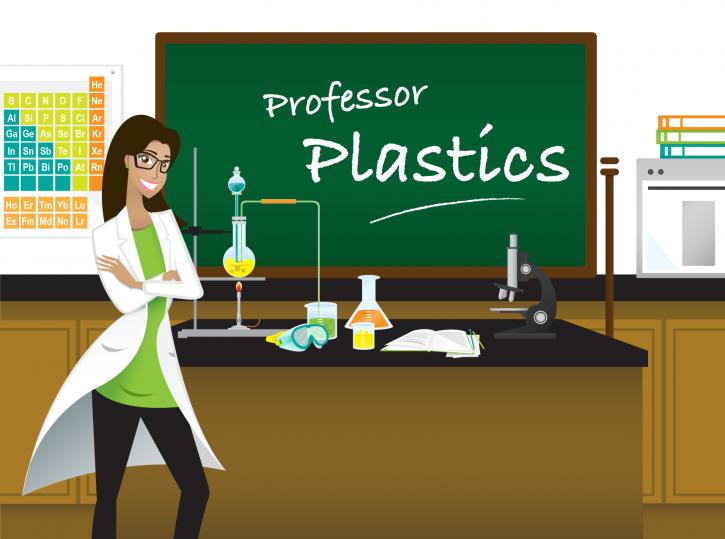Producing articles with avocado and corn seed resin, and products with additives that allow the decomposition of plastic in less time, are some of the strategies proposed by the sector to overcome the obstacles faced in the region.
As in the rest of the world, there have been several attempts in Central America to ban the use of some plastic products. For example, last month in El Salvador, a law initiative was presented to the Congress establishing a one-year deadline for companies to replace the use of plastic bags with articles made of other materials. See “El Salvador: Proposal to Ban Plastic Bags”
Other countries have progressed more in this area, such as Panama, where as of January 19th of this year, supermarkets, pharmacies and retailers were granted a period of 18 months to stop using plastic bags, and warehouses and wholesalers, a period of 24 months. See “Panama: Use of Plastic Bags Banned”
In Guatemala, steps have also been taken in this regard. At the end of 2017, a law was presented to the Congress, already approved by a legislative commission, which proposes to ban the use of plastic bags in the country. See “Guatemala: Initiative to Ban Plastic Bags”
In this context, companies in the sector seek to innovate in the creation of products. Laprensagrafica.com reports that “… In the case of Carvajal Empaques, since the beginning of the year its plants in El Salvador are doing studies with avocado seed resin, corn resins and products with additives to decompose the plastic in less time (from one to five years). They are currently in the phase of producing the first presentations of plates and glasses, and will be marketed in early 2019. Other presentations will be added later.”
You may be interested in “Plastic in Central America: Purchases Up 6%”
The article explains that “… On the other hand, the company Termoencogibles began at the end of last year, within the framework of a cyclical economy, the expansion of its recycling plant to produce products with this material. In 2014, more than 11,000 tons of waste were recycled; in 2015, it was 13,000 tons; by 2016, it reached 14,000 tons; last year it was 14,500 tons; and by September 2018, 15,000 tons. A significant part is imported because there is not enough material in the country.”
